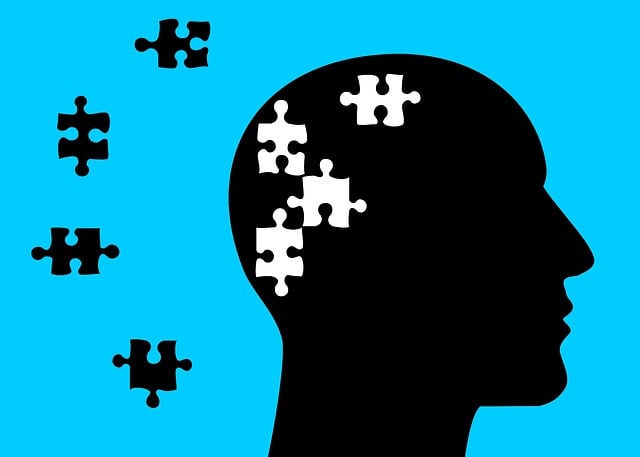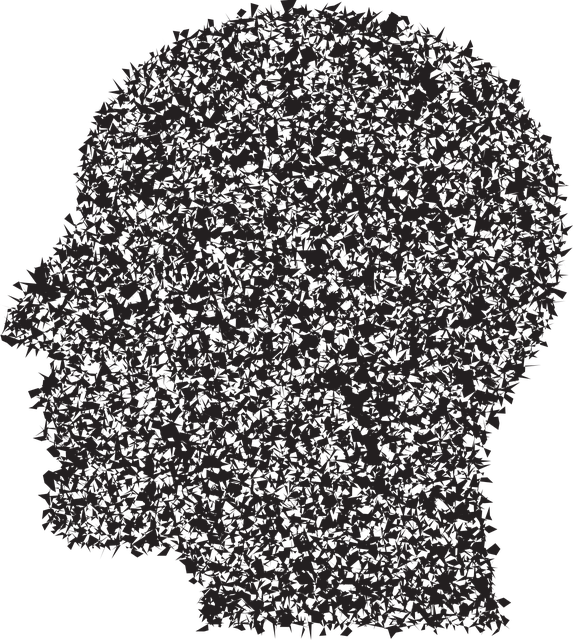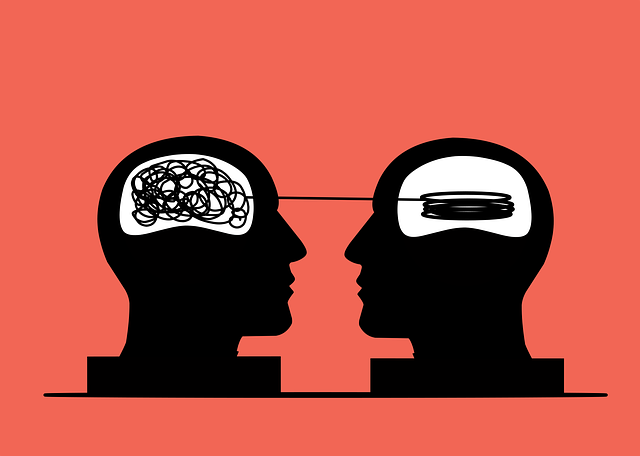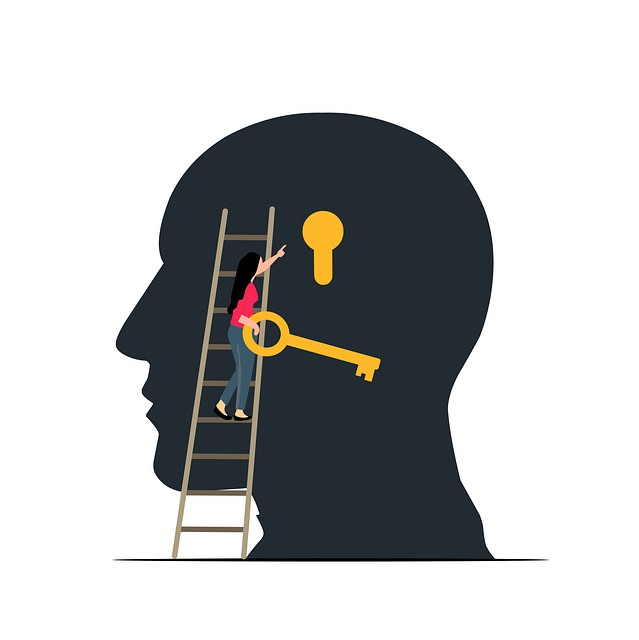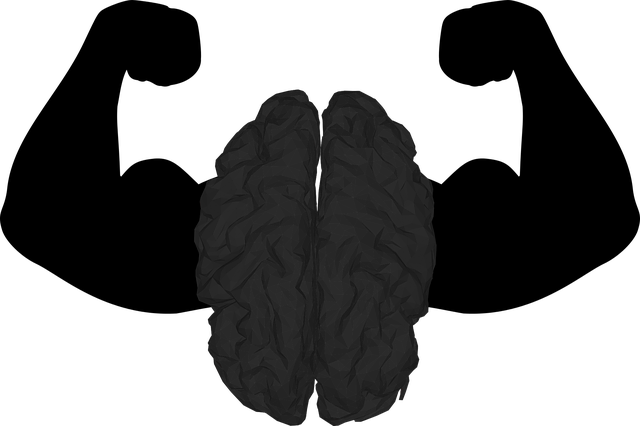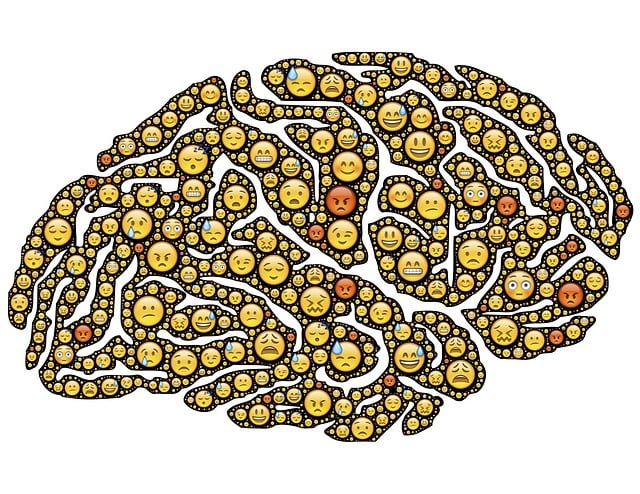Englewood Learning Disability Therapy highlights the critical importance of cultural competency in healthcare, especially for patients with learning disabilities. Through comprehensive training programs, mental health professionals learn effective communication strategies, challenge implicit biases, and understand cultural impacts on mental health. This approach builds trust, improves risk assessments, and enables tailored outreach. The result is an inclusive environment that supports emotional healing, reflecting the therapy center's commitment to excellence. Their revolutionary program integrates social skills training, anxiety relief, and understanding of diverse cultural contexts, ensuring personalized attention and improved overall well-being. Continuous evaluation ensures the training remains impactful and aligned with society's evolving needs.
In today’s diverse healthcare landscape, cultural competency training is no longer an option but a necessity. This article explores the critical role of such training in enhancing patient care, addressing biases and stereotypes that impact clinical decisions. We delve into case studies like Englewood Learning Disability Therapy, showcasing effective communication strategies. Furthermore, it discusses designing comprehensive programs tailored to healthcare professionals and offers insights on measuring success through evaluation frameworks.
- Understanding Cultural Competency in Healthcare: A Necessity in Modern Practice
- The Impact of Cultural Biases and Stereotypes on Patient Care
- Englewood Learning Disability Therapy: Unlocking Effective Communication Strategies
- Designing Comprehensive Training Programs for Healthcare Professionals
- Measuring Success: Evaluating the Effectiveness of Cultural Competency Training
Understanding Cultural Competency in Healthcare: A Necessity in Modern Practice

In today’s diverse healthcare landscape, cultural competency is no longer a nice-to-have but an absolute necessity. It involves understanding and respecting the cultural backgrounds, beliefs, and values of patients and communities, especially those with learning disabilities like those served by Englewood Learning Disability Therapy. This approach ensures that mental health professionals can deliver culturally sensitive care, fostering trust and improving patient outcomes.
For instance, a comprehensive training program for healthcare providers should incorporate topics such as effective communication strategies for diverse populations, implicit biases, and the impact of cultural factors on mental health. By doing so, organizations like Englewood Learning Disability Therapy can prepare their staff to conduct thorough risk assessments (for mental health professionals) and effectively implement community outreach programs that cater to different cultural needs. Ultimately, this promotes emotional healing processes within a supportive and inclusive healthcare environment.
The Impact of Cultural Biases and Stereotypes on Patient Care

Cultural biases and stereotypes can significantly impact patient care, hindering effective communication and personalized treatment plans. Healthcare providers, despite their best intentions, may unconsciously hold preconceived notions about different cultural groups, leading to misjudgments and inappropriate care. For instance, a therapist at Englewood Learning Disability Therapy might encounter a client from a diverse background, where traditional practices or communication styles differ vastly from the therapist’s own. Without proper training in cultural competency, these differences could create barriers, causing the patient to feel misunderstood or disrespected.
Stereotypes can result in assumptions about a patient’s abilities, behaviors, and needs, leading to biased evaluations and treatment decisions. This is particularly harmful when dealing with mental health issues, as cultural context plays a vital role in understanding and addressing emotional wellness concerns. Effective training programs, such as those offered by Englewood Learning Disability Therapy, emphasize the importance of Emotional Well-being Promotion Techniques and Mental Wellness Coaching Programs Development. These initiatives focus on enhancing Emotional Intelligence among healthcare providers, enabling them to navigate complex cultural landscapes, foster inclusive environments, and ultimately improve patient outcomes.
Englewood Learning Disability Therapy: Unlocking Effective Communication Strategies

Englewood Learning Disability Therapy is a pioneering program focused on enhancing communication skills for individuals with learning disabilities. Through their comprehensive approach, they unlock effective strategies that cater to unique challenges faced by those in the community. This therapy goes beyond traditional methods by incorporating social skills training, which proves vital in fostering better interactions and building confidence. By addressing the root causes of anxiety relief, participants gain a sense of mental wellness, enabling them to navigate social settings with newfound ease.
The program’s effectiveness lies in its tailored approach, ensuring each individual receives personalized attention. This holistic method not only improves communication but also promotes a deeper understanding of social cues, making it an invaluable resource for anyone seeking to enhance their interpersonal abilities and overall well-being.
Designing Comprehensive Training Programs for Healthcare Professionals

In designing comprehensive training programs for healthcare professionals, particularly those specializing in learning disability therapy like Englewood Learning Disability Therapy, it’s crucial to adopt a multifaceted approach that addresses diverse cultural needs. This involves incorporating modules on mental wellness and crisis intervention guidance tailored to various cultural contexts. Effective training should not only equip therapists with tools for anxiety relief but also deepen their understanding of cultural nuances and their impact on healthcare delivery. By integrating these elements, healthcare providers can offer more sensitive and effective care.
The curriculum should include interactive sessions, case studies, and role-playing scenarios that challenge stereotypes and promote empathy. It’s essential to foster an environment where participants feel safe to discuss sensitive topics, share experiences, and learn from one another. Moreover, continuous evaluation and feedback mechanisms ensure that the training remains relevant and impactful over time, enabling healthcare professionals to navigate cultural complexities with confidence and compassion.
Measuring Success: Evaluating the Effectiveness of Cultural Competency Training

Measuring the success of healthcare provider cultural competency training is a crucial step to ensure its effectiveness and long-term impact. At Englewood Learning Disability Therapy, we assess the outcomes through a multi-faceted approach. This involves pre and post-training assessments to gauge knowledge retention and attitude shifts related to cultural competence. By comparing these results, we can identify areas of improvement and tailor future training sessions accordingly.
Moreover, ongoing monitoring includes feedback from participants and observer evaluations during role-play scenarios, focusing on conflict resolution techniques and confidence boosting strategies. This holistic evaluation method allows us to refine our training programs, ensuring they meet the evolving needs of healthcare providers in a diverse society.
Healthcare provider cultural competency training, as demonstrated by strategies employed at Englewood Learning Disability Therapy, is a vital tool in enhancing patient care. By addressing cultural biases and stereotypes, comprehensive programs like these can significantly improve healthcare outcomes. Measuring success through evaluation ensures that these initiatives remain effective and adaptable to the evolving needs of diverse patient populations. This approach not only navigates the complex tapestry of modern healthcare but also fosters better relationships between healthcare professionals and patients from various backgrounds.
